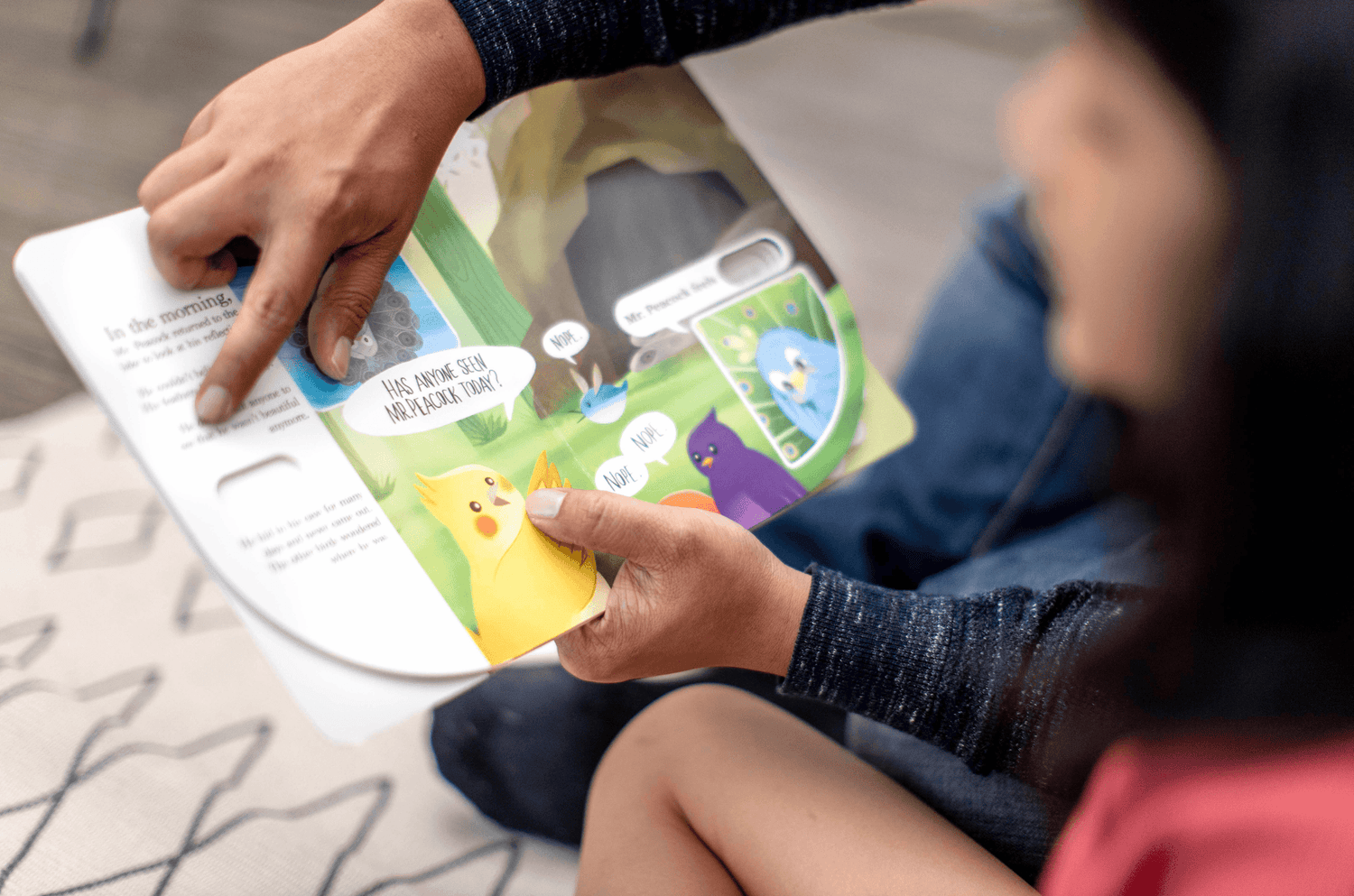By now, we know that teaching young children more than one language can have many cognitive and social benefits. Now, the question is ‘how’? We had the chance to sit down with the Curriculum Director at Tutor Time International Nursery and Kindergarten and here are our main takeaways.
- 1. Exposure is key
According to experts, the number one factor in becoming bilingual is being exposed to both languages consistently. Whether that’s at home, at school, or in other parts of daily life, immerse your child in both languages.
- 2. Create a need for it
Bilingual children (and adults) generally gravitate towards one language (the majority language) while the other one (the minority language) is only used when needed. The key to developing both languages is creating a need for both languages. For example, read a book in the minority language and only use that language while reading to discuss and ask questions.
- 3. What you put in is what you get out of it
There is a strong correlation between how much effort you put into raising your child in a bilingual environment and their bilingual abilities later on. Try your best to use both languages at home, such as when you play with or read to your child. Enrolling your child in a bilingual preschool also plays a crucial role in their language development.
- 4. ‘One parent, one language’ (OPOL) is not the only way
This popular method has been around for a century and states that each parent should exclusively talk to their child in one assigned language. More recent research suggests that this method doesn’t necessarily make it easier for your child to learn, nor is it harmful. The most important things are points 1 and 2.
- 5. Try the ‘minority language at home’ (MLAH) method
Identify the minority language and find any opportunity to use it, particularly at home. Speak to your child more in the minority language, play games together, sing songs, and read books. The more exposure the better, especially as children get older, since they will naturally use the majority language more in their daily life.
It helps if you and your partner speak the languages that you want your child to learn, but it’s not a must. Schools, after school programs, friends, the environment, and so on can affect your child’s ability to learn a language too. The most important thing is to keep language learning fun so that your child doesn’t feel like it’s a chore.



